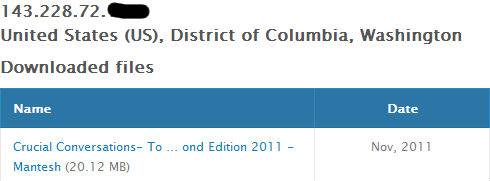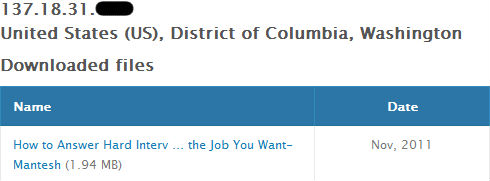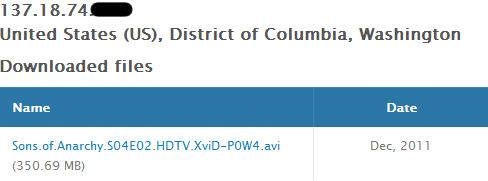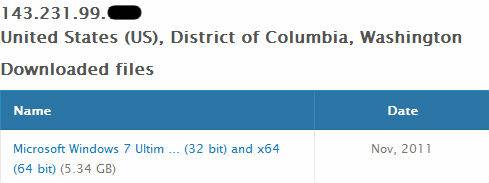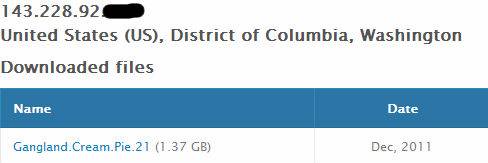nitroz
INDEPENDENTly ruthless
The SOPA act/bill has been classified as a blacklist/censorship bill.
And it is.
[ame=http://www.youtube.com/watch?v=WJIuYgIvKsc&feature=channel_video_title]Be a HERO and Help STOP SOPA Now!! I'll tell you How! This Video that Must Be SHARED! - YouTube[/ame]
Basically what the video says is that the backers of SOPA are the distributors of the file sharing software which condones piracy. So he shows proof that the backers of SOPA backed piracy for years.
The SOPA act will basically make you a convicted felon for posting a video of you reciting a copyrighted song over karaoke at your wedding, or displaying a cartoon character on your facebook page.
And websites like youtube, facebook, tumblr, reddit, yahoo mail, email sites, and EVEN this website, the site where you post your opinions on political manners and such could be indefinitely blocked! What would YOU do if that happens?
Basically the internet would become like China's censored internet while the slightest thing will send the police arresting you and charging you with felonies.
And it is.
[ame=http://www.youtube.com/watch?v=WJIuYgIvKsc&feature=channel_video_title]Be a HERO and Help STOP SOPA Now!! I'll tell you How! This Video that Must Be SHARED! - YouTube[/ame]
Basically what the video says is that the backers of SOPA are the distributors of the file sharing software which condones piracy. So he shows proof that the backers of SOPA backed piracy for years.
The SOPA act will basically make you a convicted felon for posting a video of you reciting a copyrighted song over karaoke at your wedding, or displaying a cartoon character on your facebook page.
And websites like youtube, facebook, tumblr, reddit, yahoo mail, email sites, and EVEN this website, the site where you post your opinions on political manners and such could be indefinitely blocked! What would YOU do if that happens?
Basically the internet would become like China's censored internet while the slightest thing will send the police arresting you and charging you with felonies.

